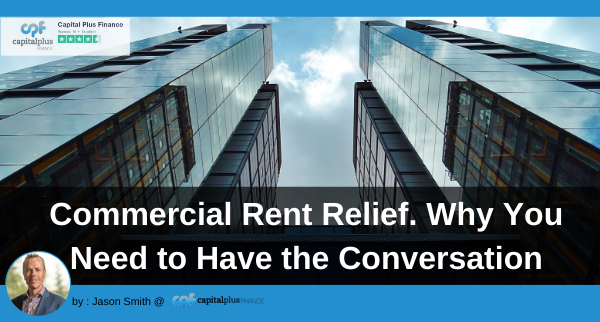The last six months have been a difficult time for almost everyone with the domestic impacts of a historic bushfire season paled by a global pandemic and accompanying unprecedented economic response. Australia has recently entered our first recession in twenty-nine years, as consumer spending and business activity inevitably fell off a cliff. As a small business owner, this has resulted in increased pressures from all angles as customer payment times increase, cash flow dries up, supplies face delays amongst many other challenges. While the Government has implemented a range of stimulus measures such as the JobKeeper program to help keep your staff employed, there are a variety of other issues you’ll need to address as these payments won’t last forever.
Depending on the industry your business operates in, cost of goods sold (COGS) and wages will likely contribute to the majority of your expenses. These costs may also be relatively variable. As revenue declines, COGS will fall, and staff hours can be reduced to match lower turnover or patronage. Rent, in comparison, is a fixed cost that is a necessary part of operating a physical business. Whether your business runs a warehouse, shopfront or restaurant, use of the building is never free. Smaller businesses typically pay a larger proportion of their turnover towards rent than their corporate counterparts. Addressing this major cost is essential, especially as we move towards remote working and the demand for office space declines. So what can you do to work with your landlord to ensure rent payments don’t cripple your business’ ability to bounce back?
Relief for commercial tenants
The Government has acknowledged this issue and has recently introduced a policy package designed at providing guidelines and implementing measures to provide relief for commercial tenants. The package targets small and medium-sized enterprises (SME’s) that have less bargaining power than their larger corporate counterparts. The main components of the package stipulate:
- Hold on evictions for renters. If your business is unable to meet its rental commitments due to the impact of COVID-19, you are unable to be evicted from the property over the next six months. This applies to both commercial and residential tenants in financial distress.
- A mandatory code of conduct. This code of conduct (the Code) was devised by the National Cabinet to ensure a nationally consistent set of guidelines addressing good faith leasing principles for commercial tenancies (retail, office and industrial). The code applies to all SME tenants that have an annual turnover of up to $50 million AND are eligible for JobKeeper payments.
Fundamental Principles of the Code
The Code sets out a range of principles designed to share the burden of the economic impacts between both the tenant and the landlord. Banks and other lenders are required to provide sufficient flexibility to ensure both parties can implement the principles of the Code. The most important guidelines include:
- Tenants must stay committed to their lease terms. Your business is not entirely absolved from the commitment made to your landlord.
- Landlords must not terminate leases. If you don’t pay your rent, your contract cannot be terminated – providing certainty over this challenging period. Make sure to consider the consequences of this and only withhold payment if necessary.
- You are entitled to a reduction in rent. Landlords have to provide an offer to reduce your rent in line with your decline in revenue.
Frequently asked questions
Can my landlord increase my rent?
Rent increases are frozen. Your landlord cannot increase your rent or charge any additional penalties such as land tax or interest on unpaid rent.
How is the rent reduction applied?
Rent reductions are based on your turnover decline. You should transparently share your revenue with your landlord to enable negotiations. At least half of the decrease must be a complete waiver, with the other half being a deferral (still payable after the pandemic period ends).
What happens if my landlord doesn’t cooperate?
Your state government is responsible for enforcement and will provide businesses like yours with a means to binding mediation should you have trouble negotiating with your landlord.
Have the conversation and consider future implications
If you haven’t already, talk to your landlord or property manager and discuss options for your business over the next few months. Know your rights under the Code and stand firm on the principles that will help ease your current situation. Make sure to consider the future implications of any changes you make to your rental agreement.
“Do you actually need all the office space you’re paying for?”
If half of your rent decrease is deferred rather than waived, will you be able to make the payments after the current situation ends? Are you taking advantage of other government benefits (such as JobKeeper) that will affect your ability to make future payments? If you’ve been working from home, do you actually need all the office space you’re paying for? Remember, negotiation is in both your interests. Your landlord wants your business to survive and continue paying rent. Have a constructive conversation and figure out what works for both of you.
Need further assistance or advice? Get in touch
Rent is just one of the costs your business faces. In uncertain times it pays to sure up your cash flow. An experienced finance broker is your best point of call to discuss your specific situation and financing options so you don’t make any of these common funding mistakes. The team at Capital Plus Finance will do everything we can to help you secure a suitable finance solution for your small to medium business. Please give us a call anytime to find out more or to have an obligation-free chat about your businesses’ funding situation.





